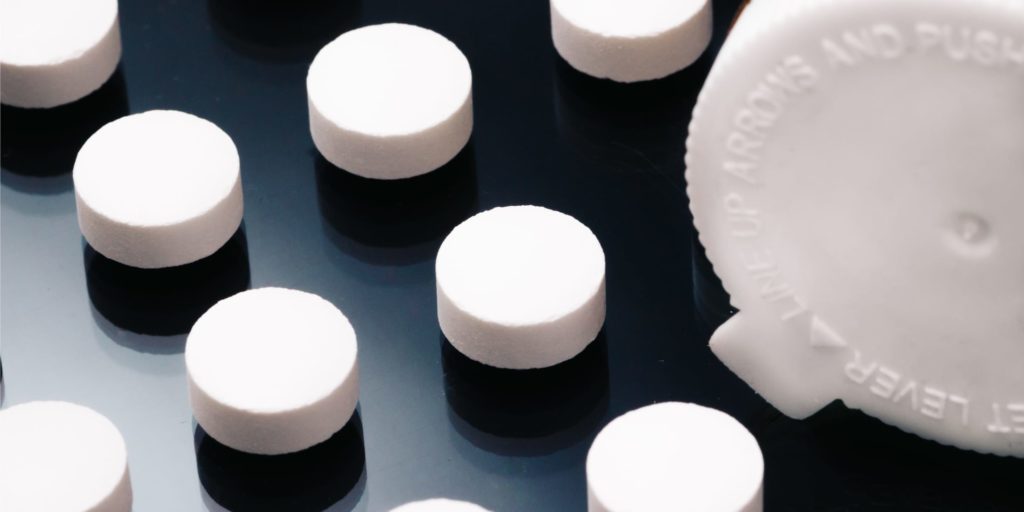Prescription painkillers aren’t the only medicines being abused across America. Stimulants like Adderall are widely abused as “study drugs” – especially among college students – and can be just as deadly. Although all students are at risk, medical schools are particularly competitive and stressful environments, so it’s no surprise that Adderall abuse is an especially serious issue for medical students. Finding out about how common the abuse is and learning the main Adderall overdose symptoms gives you the knowledge you need to spot a serious problem if one occurs.
The Basics: Adderall and Its Use as a Study Drug
Adderall, which is a mixture of amphetamine and dextroamphetamine, creates euphoria in users as well as improving focus, alertness and concentration. Its effects have led many students to use the drug when cramming for an exam or trying to get assignments completed. Students may fake attention-deficit hyperactivity disorder (ADHD) in order to get prescriptions, or just obtain them from friends or family. The idea that Adderall may be a “smart drug” or “cognitive-enhancer” seems to make sense, but solid evidence of benefits in people without ADHD is very limited. It could be that most of the improvements people believe they experience are just placebo effects (i.e. unrelated to Adderall itself). Despite this, studies show that anywhere from 5% to 35% of college students have used stimulants without a prescription, though most estimates are on the lower end of the range.
Adderall Use in Medical Schools
Most studies of non-medical Adderall use focus on college students overall, but one anonymous survey asked 388 medical students about their use of prescription stimulants non-medically. The survey found that 10.1% of these students had used the drugs non-medically during their lifetime. This is comparable with rates among students overall, but notably higher than most estimates. However, another survey of fourth-year medical students found lower use rates of 1.2%.
Adderall Overdose Symptoms: Spotting the Signs
Because users become tolerant to Adderall, medical students may find themselves taking more and more to achieve the same “boost” to their studying ability, and this can easily lead to addiction. When you’re addicted, it’s hard to stop yourself from taking more of the drug, and serious side effects and overdoses are common. If you know somebody who uses Adderall as a “study drug,” it’s important to learn and remember the Adderall overdose symptoms. These include (but aren’t limited to):
- Disorientation
- Rapid breathing
- Rapid heart rate
- Shaking
- Fever
- Seizures
- Loss of consciousness
- Hallucinations
- Muscle weakness
- Heart attack
Risks of Non-Medical Adderall Abuse
The Adderall overdose symptoms listed above don’t even cover all of the risks of the drug. For instance, Adderall use can lead to heart attacks even without an overdose, especially when people take more than is medically recommended. In summary: Adderall has benefits for ADHD sufferers and people with narcolepsy, but its questionable benefits as a “study drug” are far outweighed by the very real risks it poses. Resources “Prescription Stimulants in Individuals With and Without Attention Deficit Hyperactivity Disorder: Misuse, Cognitive Impact, and Adverse Effects” by Shaheen E Lakhan and Annette Kirchgessner https://www.ncbi.nlm.nih.gov/pmc/articles/PMC3489818/ “Prevalence of ADHD Diagnosis and Nonmedical Prescription Stimulant Use in Medical Students” by J. P. Tuttle, N. E. Scheurich and J. Ranseen. https://www.ncbi.nlm.nih.gov/pubmed/20431104/ “Misuse and Diversion of Stimulants Prescribed for ADHD: A Systematic Review of the Literature” by T.E. Wilens et. al.https://www.ncbi.nlm.nih.gov/pubmed/18174822/

